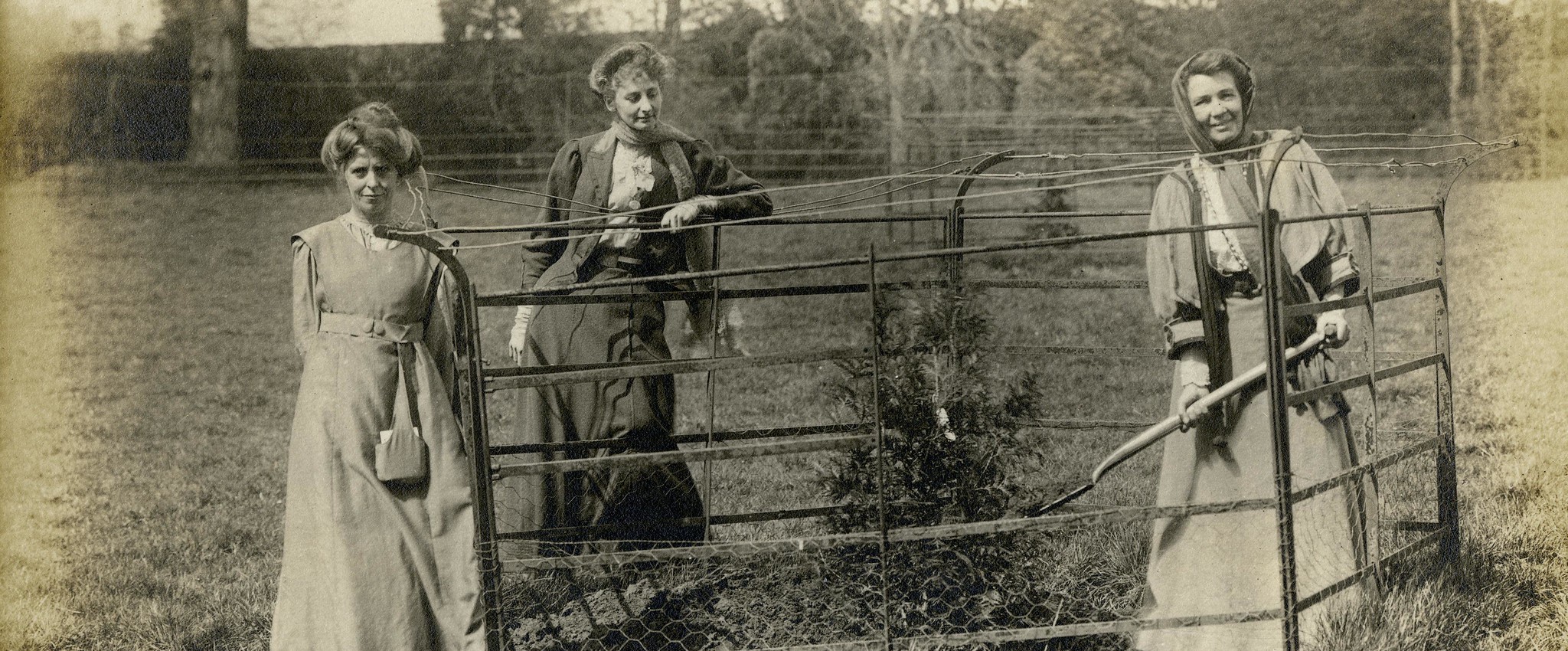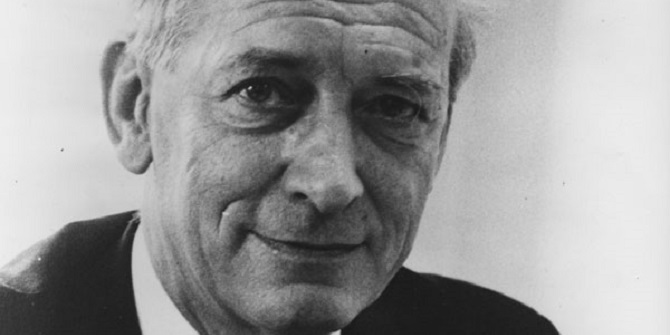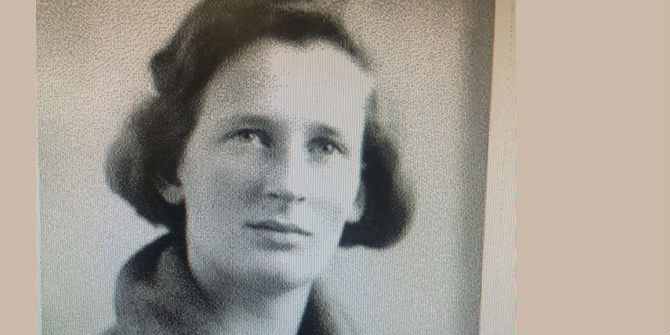LSE’s Candy Gibson looks back at her great aunt, Anne Barbara Page, who graduated from LSE in 1912 with a First Class Honours degree in Economics. Anne Barbara (Nancy) went on to work as private secretary for Sir Arthur Steel-Maitland, a Conservative Party Chairman and LSE Chair of Governors from 1916-1935.
She was without question the ablest woman I have ever known.
This glowing tribute from LSE’s Chair of Governors, was made a century ago, in an obituary penned by Sir Arthur Steel-Maitland in honour of Anne Barbara Page (1889-1925), whose life was tragically cut short by tuberculosis at the age of 36.
Anne (otherwise known as Nancy) was one of millions who succumbed to the “silent terror” in past generations, including several others from my family tree.
Her link with LSE only came to my attention in late 2016, three and half years after joining the School’s press office, totally oblivious to the century-old connection that binds my family to the institution.
Thanks to Sir Arthur Steel-Maitland, the Conservative Party’s first Chairman (1911-1916) and subsequently Chair of LSE Governors, we have a record of Anne Barbara’s contribution to the School and beyond.
Anne was born in 1889, a sister to my maternal grandmother, Dorothy, and her five other siblings. Her mother died when she was just two years old. Another maternal influence – her childhood teacher Miss Blackmore – instilled in her a love for literature which stayed with her for the rest of her life.
In 1907 Anne enrolled at LSE as an undergraduate student in the BSc Economics course, graduating with First Class Honours at the age of 23.
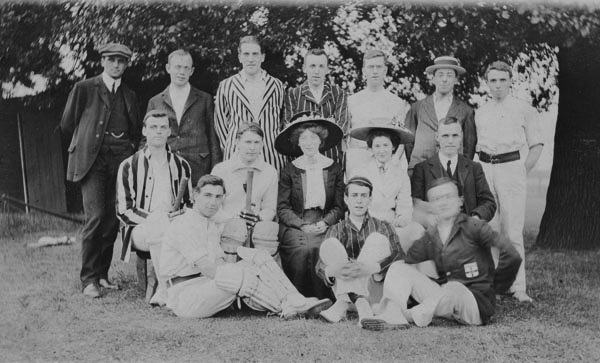
According to Sir Arthur, “it was not long before her talents were recognised and she was regarded as the ‘show’ student, with a great future in front of her.”
While a student Anne became a library assistant at LSE under Mr McKillop and then in 1910 started work with Sir Arthur Steel-Maitland as his private secretary, when he entered parliament as Conservative MP for East Birmingham. It was a role that continued for eight years until her illness took hold.
She was “an omnivorous reader of history, of philosophy and also of other subjects,” recalled Sir Arthur. “In addition she possessed the rare combination of an administrative capacity as great as her academic gifts.”
While working with Sir Arthur, Anne researched a number of social and economic issues, including UK labour law – then in its infancy – and systems of wage fixing (Australian and other) to determine the best deals for British workers.
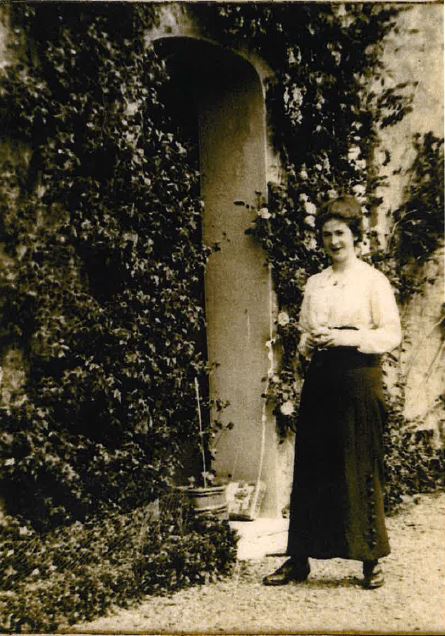
The outbreak of the Great War hit Birmingham hard and Anne took on increasing responsibilities to assist women and children who were left to manage on their own as husbands, brothers and fathers were recruited to serve their country.
In 1915 she returned to London, continuing to work with Sir Arthur, first at the Colonial Office and – at the end of 1916 – at the newly formed Department of Overseas Trade.
“She attacked her work with zeal, absorbing everything and missing nothing, whether detailed questions about oil and fats (a small but crucial item among war supplies), or larger questions of finance and trade,” Sir Arthur recalled.
It was in the summer of 1917 that Anne started to show the first symptoms of tuberculosis – increasing tiredness – which gradually worsened over eight years until her death in January 1925 in Geneva, to where she had travelled in a last ditch bid to find a cure.
In the interim period she fought the disease with “undaunted courage, refusing to live the invalid’s life mentally or spiritually” and continuing to work as much as her illness allowed.
In a final tribute, Sir Arthur said the tragedy of Anne’s early death “raised the everlasting question: why so often are those taken who by reason of their gifts of mind and character can most ill be spared?”
With thanks to the Clare Market Review, which published Anne Barbara Page obituary, Clare Market Review February 1925 in February 1925.



